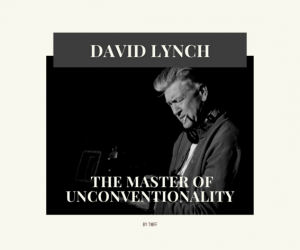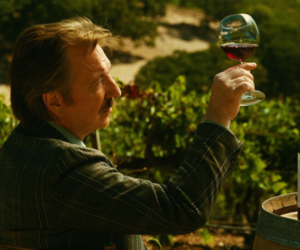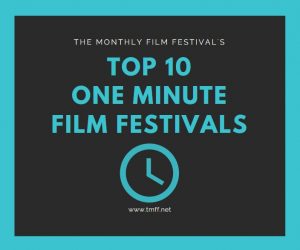Following Sean Connery’s passing at the age of 90 last week, I wanted to dedicate this article to his memory. Let us remember together what a gifted and versatile actor the Scotsman was, via this journey through some of his filmmaking highlights.
1. Dr No (1962)
Dr No has the special honour of being the very first James Bond film ever. It is credited not only with popularising the ‘special agent’ genre throughout the 60s, but also with defining the special characteristics of a Bond movie. The gun barrel intro, the stylised intro section, as well as the theme music originate in some great decisions made 58 years ago.
2. Goldfinger (1964)
I skipped From Russia With Love, because Goldfinger is widely regarded as the best Bond film to date, or at least should rank very high in most tops. It paved the way for use of technology and special gadgets by 007, as well as the humour which became a trademark. It even won an Oscar, for Best Sound Editing, in case you were not aware.
3. A Bridge Too Far (1977)
A Bridge Too Far is a classic among WWII films, focussing on Operation Market Garden, a paratrooper operation that saw soldiers flown from airbases in England and dropped in the Netherlands. The film centres around the defense of a bridge in Arnhem, and stars many top actors, in addition to Sean Connery: Michael Caine, James Caan, Gene Hackman, Anthony Hopkins, Laurence Oliver and Robert Redford.
4. Never Say Never Again (1983)
The last Bond film of Sean Connery was released 21 years after his first appearance as 007 – although it came after a substantial break, during which Roger Moore took over as the special agent. Also, it’s not listed as an official Eon-produced film. Furthermore, 1983 had not one but two Bond films, the other being Octopussy, Roger Moore’s second last appearance as the special agent.
5. The Name of the Rose (1986)
As far as I know, this is the only adaptation of the famous novel by Umberto Eco. Directed by Jean-Jacques Annaud, it stars Sean Connery as William of Baskerville, a Franciscan friar called upon to solve a mystery within a medieval abbey. The film did well in Europe, but performed very poorly at the US box office. In terms of awards, it has seen a similar continental divide, with no Oscars to show, but winning two BAFTAs (including one for Sean Connery as Best Actor).
6. The Untouchables (1987)
This Brian de Palma classic is one of the standout movies that explore the Prohibition period. It is centred around the Eliott Ness and Al Capone case, and also features Kevin Costner, Robert de Niro and Andy Garcia. However, Connery was the only actor of the bunch to pick up an Oscar, for Best Supporting Actor.
7. Indiana Jones and the Last Crusade (1989)
Although I prefer the first two Indiana Jones films, many find The Last Crusade to be the highlight of the series. The standout element here is that it explores Indy’s relationship with his father, the original Professor Henry Jones, played by none other than Sean Connery. If there was any need for proof of Connery’s versatility as an actor by now, this certainly added to it.
8. The Hunt for Red October (1990)
Cold War thrillers were still highly popular in the beginning of the 90s, when the Soviet Union was still a thing. Adapted from a Tom Clancy novel, this film gave its main roles to Sean Connery and Alec Baldwin, and enjoyed quite a resounding success. It one a minor Academy Award and was nominated for two others, and has been since hailed as a classic.
9. The Rock (1996)
Being born in the 90s, I often heard The Rock to be referenced as a standard for action movies. Set around a potential nerve gas attack on San Francisco, originating on the former prison island of Alcatraz, this film had everything, including Nicolas Cage in a great role. I have long since wanted to rewatch this, and the time might have finally arrived.
10. The League of Extraordinary Gentlemen (2003)
I wanted to round up this list with Sean Connery’s very last appearance in a complete acting role – because he did ocasionally lend his voice for various animation and videogame projects. In this film, he portrayed the legendary Allan Quatermain, following in the footsteps of Richard Chamberlain. The film was not warmly received, despite doing rather well at the box office. Connery criticised it heavily post-release, blaming the disastrous production process and final quality, and declaring that it was what made him retire from filmmaking.
















